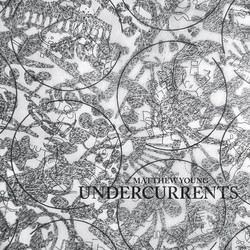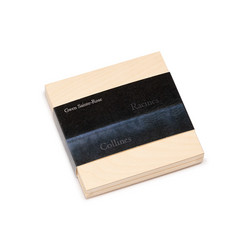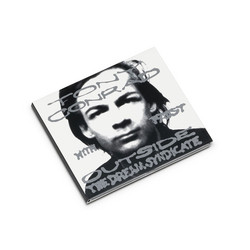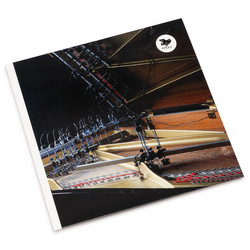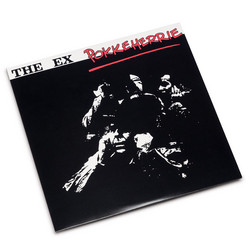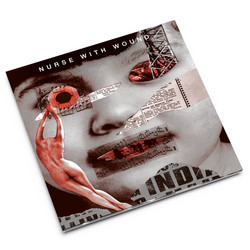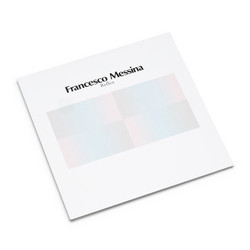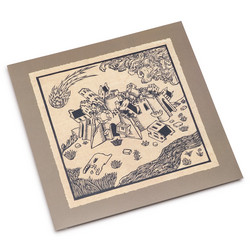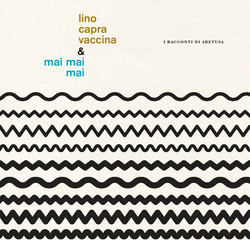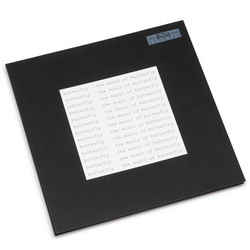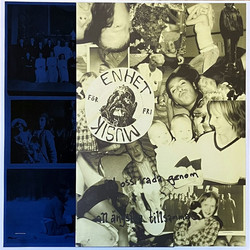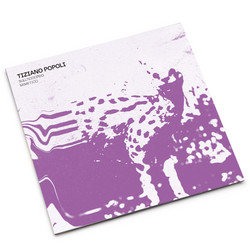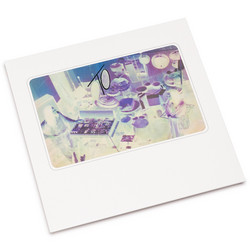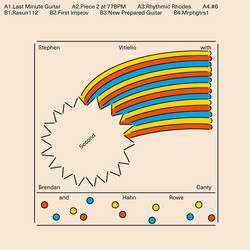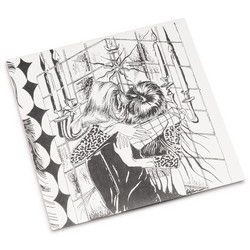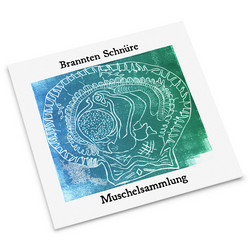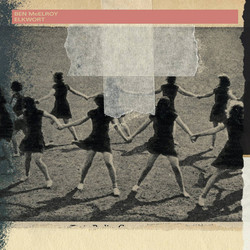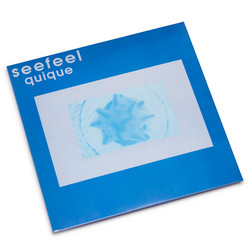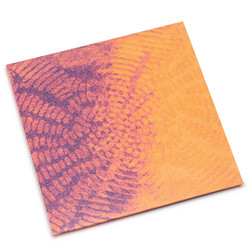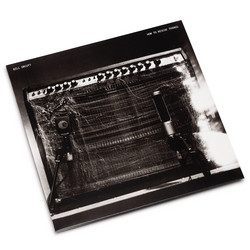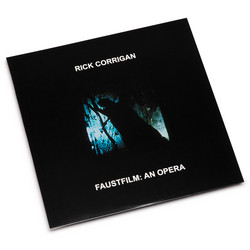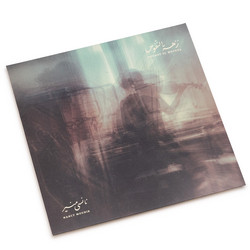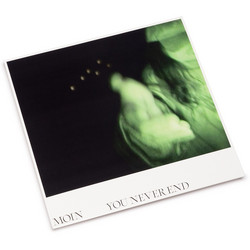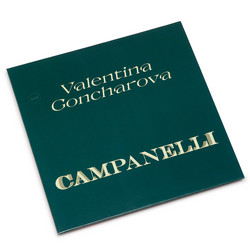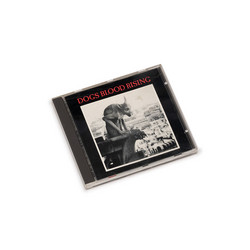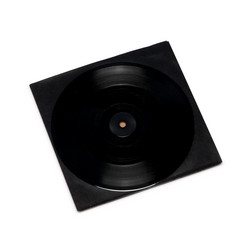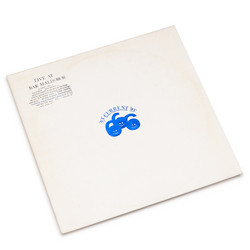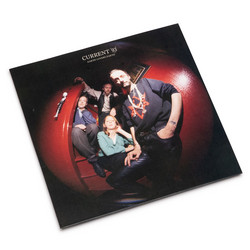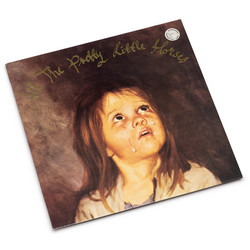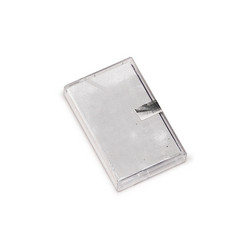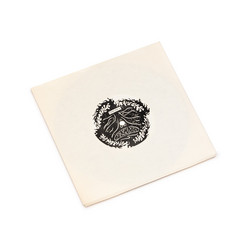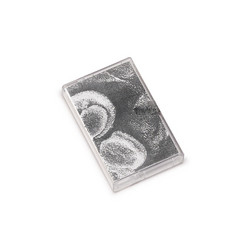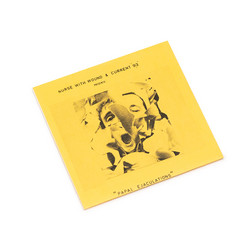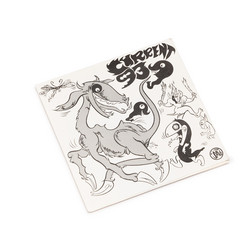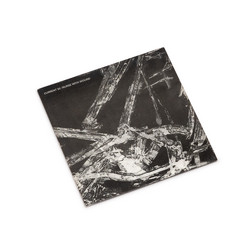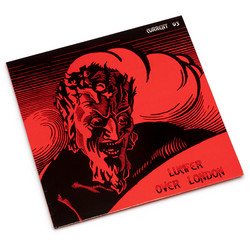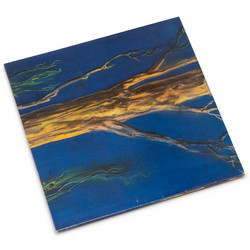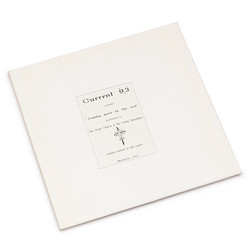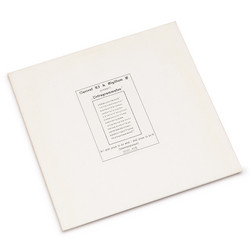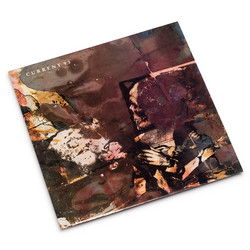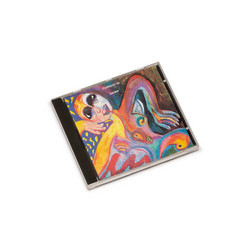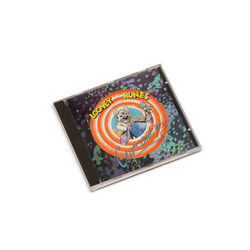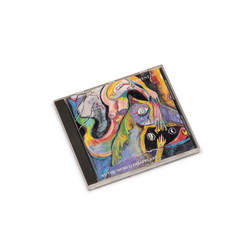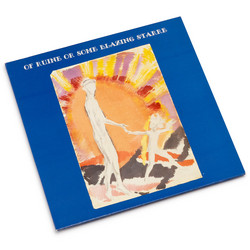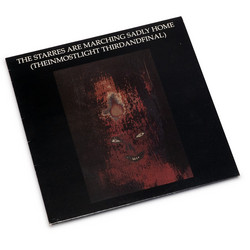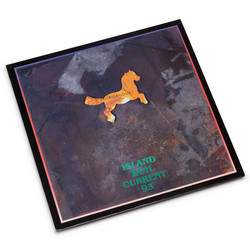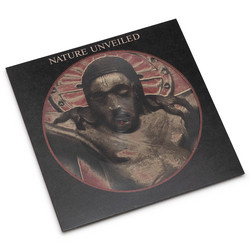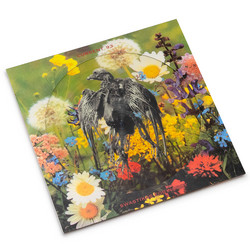Current 93
I Am the Last of All the Field That Fell: A Channel
"I Am the Last of All the Field That Fell: A Channel" is perhaps the most uncategorizable album in Current 93's catalog. Though it employs a vast array of musics, it strategically integrates them in new ways and dynamically adds elements of improvisational jazz to the mix. Founder and frontman David Tibet's present lineup includes regular collaborators -- James Blackshaw, Andrew Liles, Ossian Brown, Antony Hegarty, and Nick Cave -- as well as new ones: Comus' vocalist Bobbie Watson, the Groundhogs' Tony McPhee and Carl Stokes, These New Puritans' Jack Barnett, Dutch piano wizard Reinier VanHoudt, reed and woodwind master Jon Seagroatt, and saxophonist John Zorn. The album's tracks are a suite meant to be played in order, as dynamics, textures, and styles touch, repel, contract, attract, expand, and merge, often disintegrating into sound itself. At times, Tibet's half-sung/half-spoken poetry is framed by musical arrangements that can evolve so slowly they feel static. "The Invisible Church" is driven by VanHoudt's repetitive, nearly hypnotic series of classical changes, dusted by Stokes' cymbals and made otherworldly by McPhee's out-of-time acoustic slide guitar. Watson's ghostly mezzo-soprano underscores the drama in Tibet's text, which is delivered with restraint. The band's feverish heart is exposed on "Those Flowers Grew." Zorn's bluesy alto and VanHoudt's piano erect a minor-key ascension for the rhythm section, angular shards of electric guitar, bass, and flute propel Tibet's growl inside the maelstrom. In the ballad "Kings and Queens," the two singers articulate a sinister eros as a distorted electric guitar screes in the margin. The bass, guitar, and drum vamp on "The Heart Full of Eyes" recalls the Bad Seeds' drone-blues quake, though Seagroatt's lilting flute above Tibet's poetically rich narrative alters that focus. Hegarty's wrenching vocal on "Mourned Winter Then," is the sound of longing itself, decorated artfully by van Houdt's elegant pianism. "And Onto PickNickMagick" is a pulsing rocker colored by soaring flute, stinging guitar, and Blackshaw's throbbing bassline with Tibet in full rant. Dark sexuality and occult spirituality couple in "I Remember the Berlin Boys," a cabaret song like no other. "Spring Sand Dreamy Larks" (featuring a spoken word intro and outro by artist Norbert Kox) recalls the Bad Plus with its interlocking, syncopated rhythms culminating in a bleating Zorn sax solo. Closer "I Could Not Shift the Shadow" features Cave's lead vocals, singing Tibet's words with endearment, sensuality, and resignation, illumined by Zorn's sweet alto and van Houdt's lilting piano. It's a given that Tibet's brand of art song is an acquired taste: it's arcane, transgressive, and sometimes excessive. But as displayed on "I Am the Last of All the Field That Fell: A Channel", it's also simultaneously holistic, maddening, erotic, bleak, bright, and most of all, visionary. (AMG)
